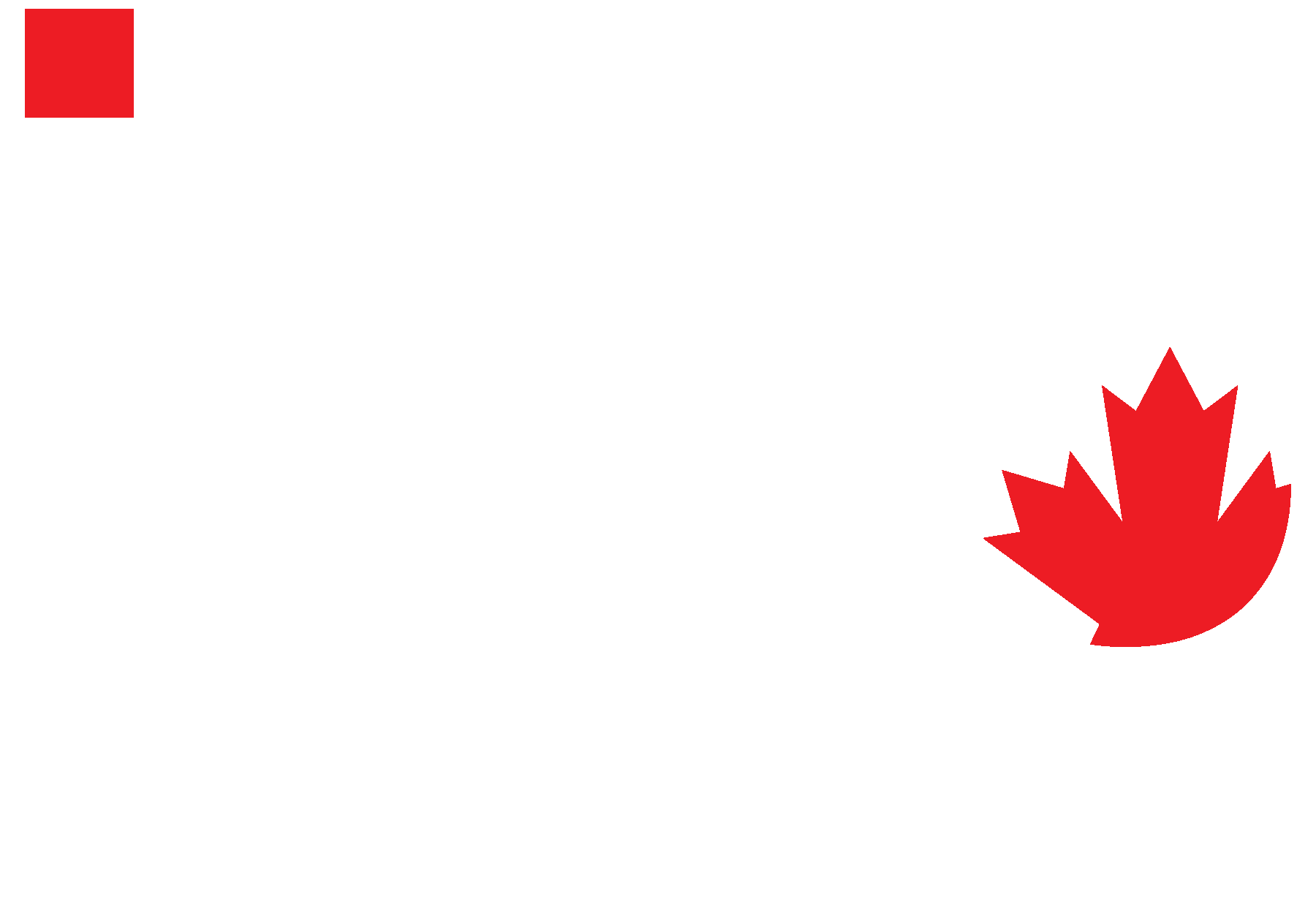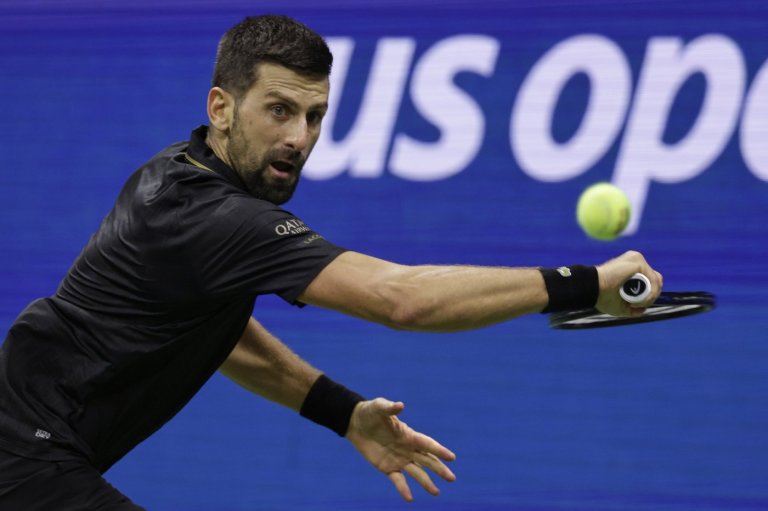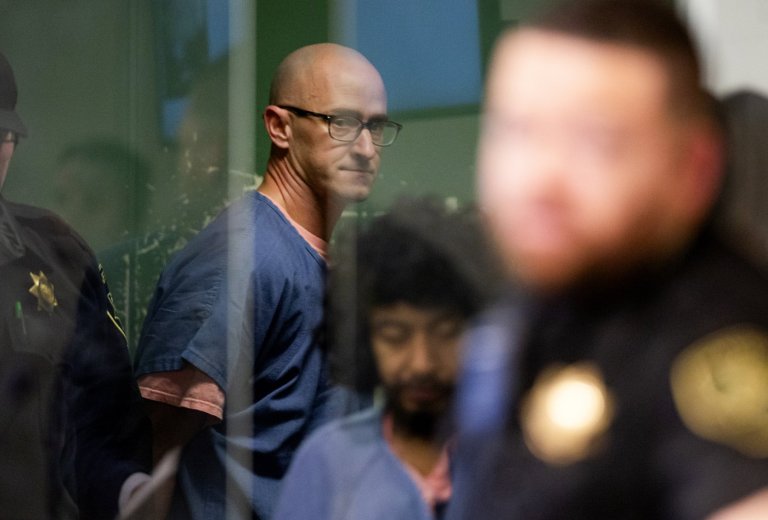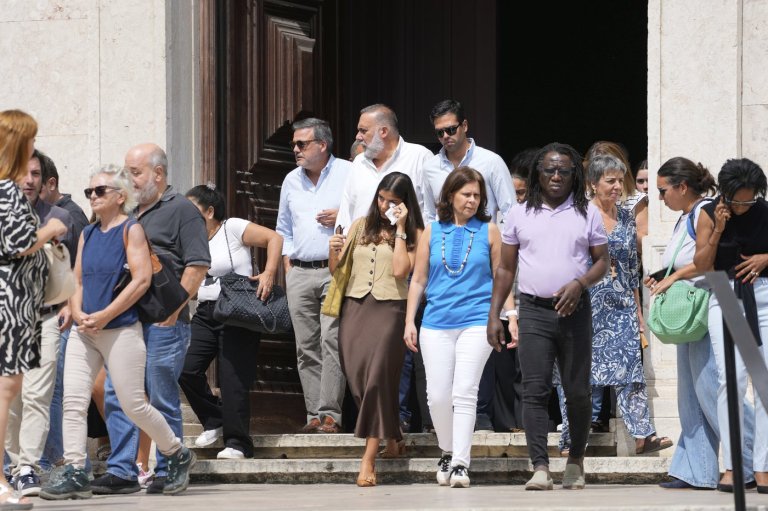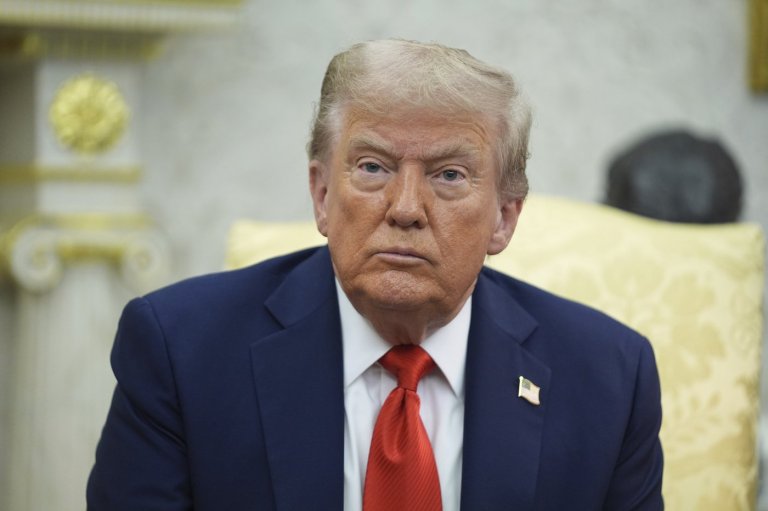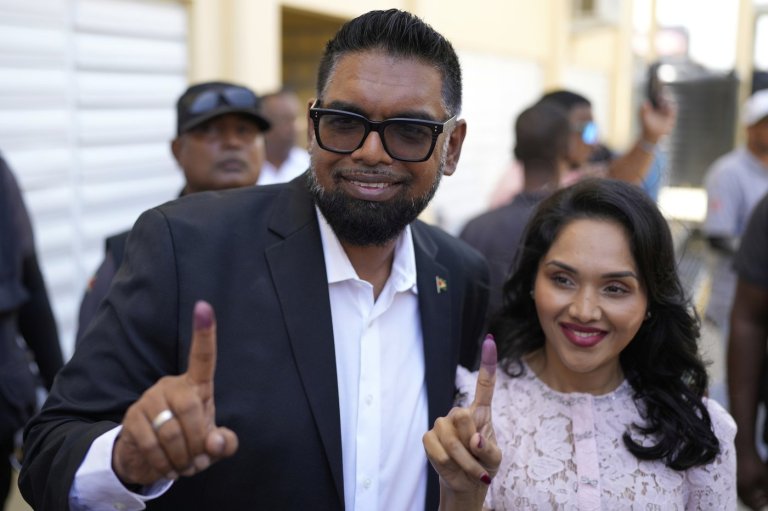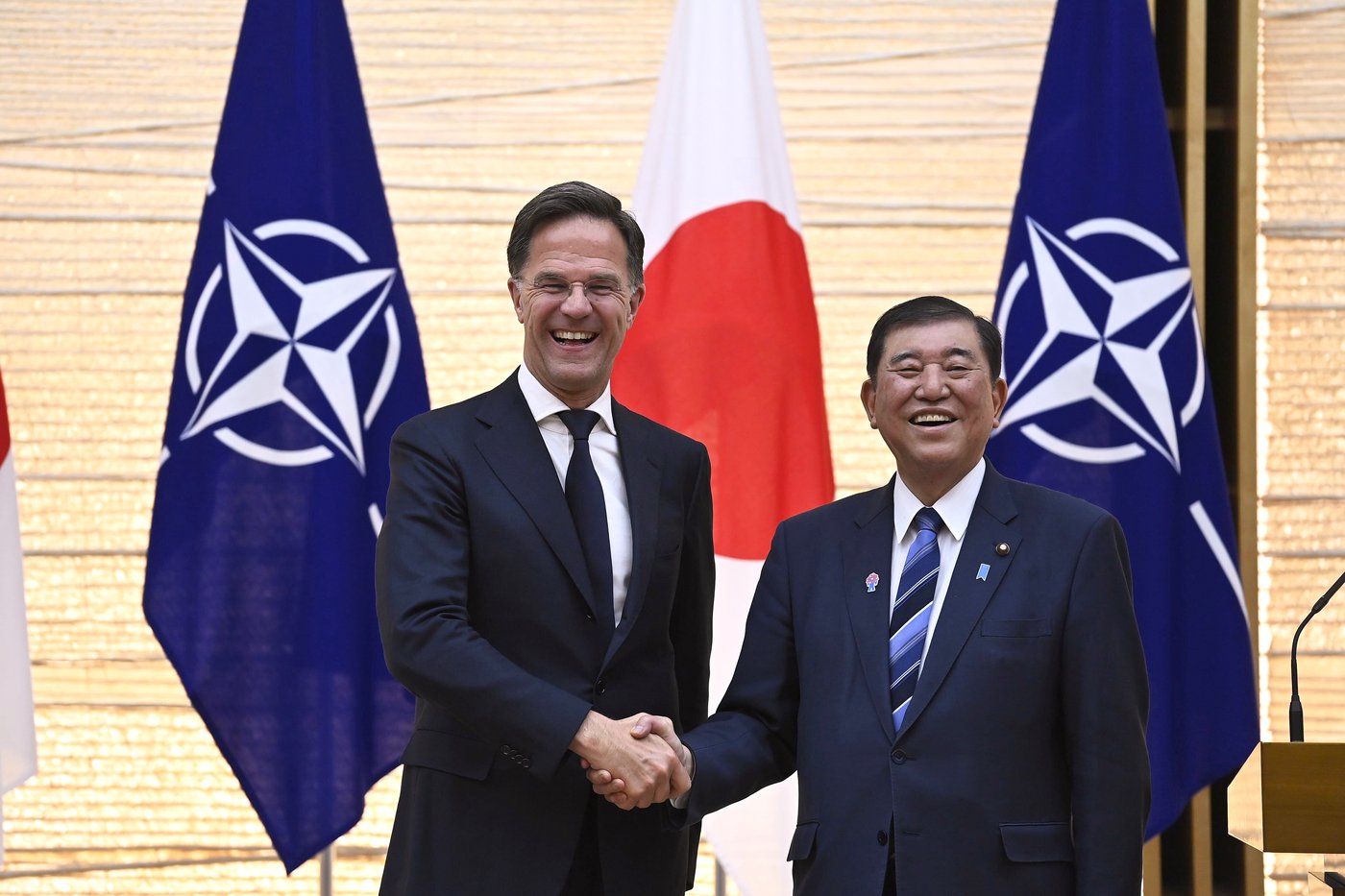
Japan’s Ishiba and NATO chief vow to deepen security ties as regional threats rise
TOKYO (AP) — Japanese Prime Minister Shigeru Ishiba and NATO chief Mark Rutte vowed Wednesday to further deepen military ties while stressing the need to tackle together growing threats from China, North Korea and Russia.
Japan, which has stepped up defense ties with the United States, its key ally, and other friendly nations in the Indo-Pacific, has also sought closer ties with NATO, fearing that Russia’s invasion of Ukraine could embolden China’s assertiveness in the region.
“A stronger NATO will benefit Japan greatly,” Ishiba told a joint news conference after his talks with Rutte, who was in Japan for the first time since becoming secretary general of the organization in October.
In a joint statement released after their talks, Ishiba and Rutte said strengthening defense industrial cooperation is “a shared priority” and that they plan to focus on developing dual-use and advanced technologies while enhancing their standardization. They also agreed to step up cooperation in cyber defense and space, as well as joint military exercises. Drones and Artificial Intelligence were also discussed.
Ishiba and Rutte also stated they “strongly condemn” growing military ties between North Korea and Russia, including Russia’s use of North Korean missiles and troops against Ukraine, while expressing concern about China’s support for the Russian defense industrial base.

Russia continues to wage war against Ukraine while maintaining its ambitions to “reshape European security,” Rutte said.
Both also called for upholding a free and open Indo-Pacific and opposed unilateral attempts to change the status quo by force in the East and South China Seas, and encouraged Beijing to improve the transparency of its military and to cooperate in arms control, calling on peace and stability across the Taiwan Strait.
The NATO chief told reporters that China has been pursuing a major military buildup, seeking to control key technologies, critical infrastructure and supply chains, and continues to carry out “destabilizing activities” in the Indo-Pacific.
Rutte praised Japan’s contributions to support Ukraine in the war against Russia, and welcomed Tokyo’s willingness to participate in a NATO command for the support of Ukraine, expressed by Japanese Defense Minister Gen Nakatani on Tuesday.
The NATO Security Assistance and Training for Ukraine, or NSATU, is headquartered at a U.S. military base in Wiesbaden, Germany. Rutte said NSATU “helps Ukraine fight today but also for Ukraine to build up its armed forces for tomorrow.”

Details of Japan’s participation still need to be discussed, but the Japanese Self Defense Force, if stationed, is not expected to involve combative roles because of the country’s postwar pacifist principles.







Join the Conversation!
Want to share your thoughts, add context, or connect with others in your community?
You must be logged in to post a comment.
